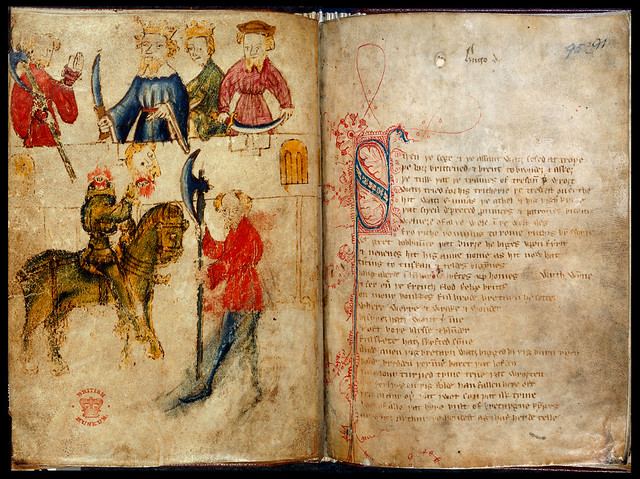I have a dream, possibly even a vision, of a truly interdisciplinary course. It would not be feasible, certainly not in a system where universities are not so much about learning as passing exams, and where interdisciplinarity is much talked about but generally only carried out when there are business interests at stake (or some nebulous idea of "teamwork"). Not, say, for
learning things (other than playing nicely with the other kids).
But I still dream about it. Especially after a couple of glasses of wine in geeky company.
This course would draw on lecturers from a variety of disciplines, ranging from history, via literature, film studies, linguistics and philosophy, to sociology, psychology, and of course biology, computing and physics. Sometimes more than one from each. If they could draw on their specialities, we could attempt to tie it all together in the exploration of a series of science fictional texts.
Imagine all the things we could
learn, all the new perspectives we could get not only on literature and films, but on the world around us. Humanities students would get a better grasp of the sciences, and the science students would learn about the perspectives opened up by the humanities and the social sciences.
Imagine, if the course could be open to all students with an interest in the subject: we would potentially end up with people who not only learnt something about their own field, but who could approach fields very different from their own in an academic ...





« ‹ › »